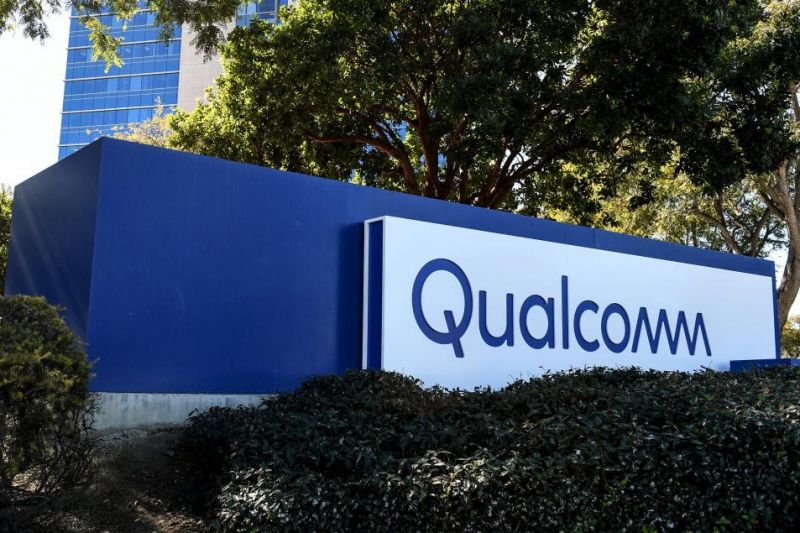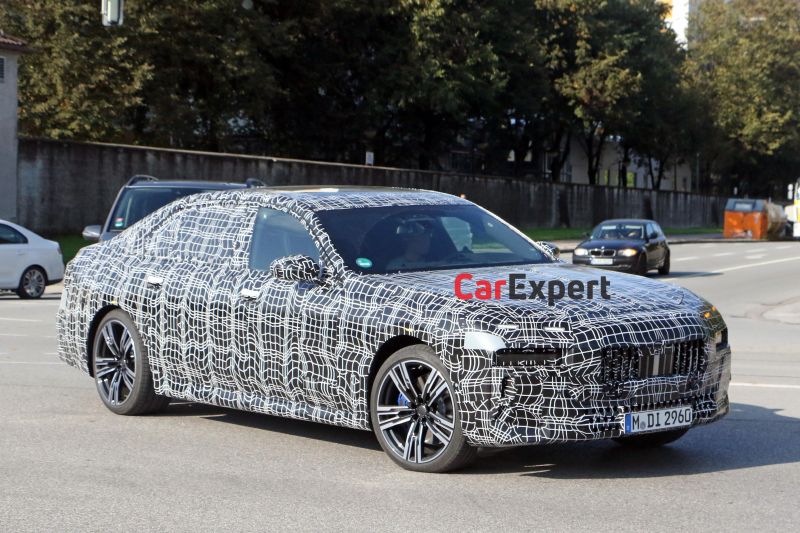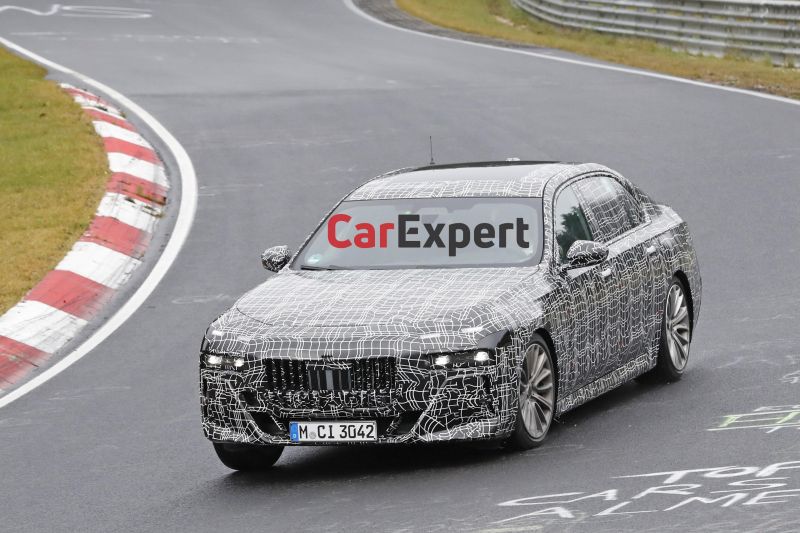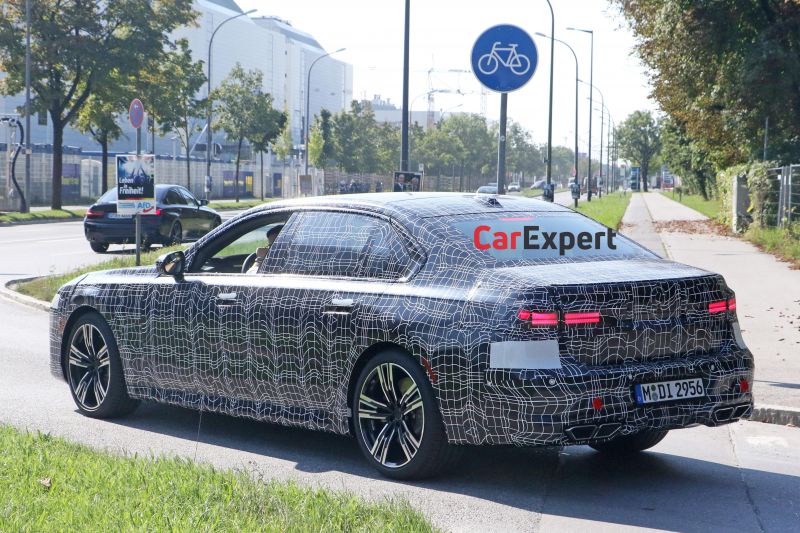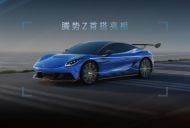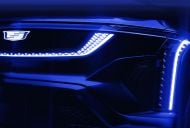San Diego-based semiconductor giant Qualcomm has announced its chips will be used in BMW’s next-generation advanced driver-assistance systems (ADAS) and automated driving (AD) platforms.
A BMW spokesperson told Reuters these new chips would be used for its ‘Neue Klasse’ series of electric vehicles (EVs) set to begin production in 2025.
BMW vehicles fitted with the Qualcomm AD platform will receive a dedicated Qualcomm computer vision chip to analyse data from the front-, rear- and surround-view cameras, plus a central Qualcomm computing stack for BMW’s ADAS and driving functions.
“Our announcement with BMW today is the onset of a new era in automotive where two technology leaders have come together to design and develop a key element of Snapdragon Digital Chassis for the next generation automobile,” said Cristiano Amon, president and CEO of Qualcomm Inc.
“We are very proud of this milestone and cannot wait to bring our jointly designed products on the road.”
BMW and Qualcomm didn’t disclose how much of the German automaker’s future line-up will be included in this deal.
Qualcomm is currently the world’s largest smartphone semiconductor supplier, with the company looking at the automotive sector as a key growth area.
Its competition currently consists of rival semiconductor companies NVIDIA and Intel, which are both developing and producing their own lane-keeping and self-driving systems.
The NVIDIA Drive Orin self-driving system will be used in next-generation Volvo vehicles and Intel’s Mobileye recently announced a partnership with Geely sub-brand Zeekr.
An existing partnership between BMW and Intel’s Mobileye will continue, a BMW spokesperson told Reuters.
This follows a report indicating the next-generation BMW 7 Series will be available with a Mobileye-developed SAE Level 3 autonomous driving feature.
The redesigned 7 Series is expected to debut in late 2022 or early 2023, but will most likely be shown as a concept during 2022.
“Level 3 you will see from us in [the] 7 Series next year,” said Frank Weber, BMW Director of Development in an interview with Forbes Wheels.
“It’s a function you can buy. It will be ready to go at the launch of the 7 Series.”
This self-driving feature is set to become available on future BMW 5 Series, X5 and X7 models, as well as the all-electric iX as an optional upgrade from its current Level 2 system.
MORE: 2023 BMW 7 Series to offer Level 3 autonomous driving tech – report
These vehicles are all based on the modular CLAR platform, with the Neue Klasse architecture set to replace both the CLAR and FAAR internal-combustion-based platforms.
The new architecture will support vehicles ranging in size from a 2 Series Gran Coupe to an X7, and will support vehicles with front-, rear- and all-wheel drive and various battery packs.
Neue Klasse cars will feature 800V battery technology and 350kW charging capability, as seen on the Porsche Taycan and Audi e-tron GT.
Reports indicate the first vehicle based on the Neue Klasse platform will be a 3 Series-sized sedan, due in 2025.





